EV CHARGING STATION SETUP COST IN INDIA IN 2025
The electric vehicle (EV) market in India is experiencing
rapid growth, driven by increasing consumer awareness, technological
advancements, and significant government support. As of 2025, setting up an EV
charging station in India presents a promising business opportunity, but
understanding the associated costs is crucial. This detailed article aims to
break down the various expenses involved, from initial setup to ongoing
operations, and highlight the government initiatives that can help mitigate
these costs.
EV Charging Station Setup Cost in India in 2025: A Comprehensive Guide
The total investment for setting up an EV charging station in
India can vary significantly, ranging from Rs: 1 lakh for a basic home setup to
over Rs: 50 lakh for a full-fledged public fast-charging station. The primary
factors influencing this cost include the type and number of chargers, the
chosen location, electrical infrastructure requirements, and operational
expenses.
1. Types of EV Chargers and Their Costs
EV chargers are broadly categorized by their charging speed
and power output, directly impacting their cost:
Level 1 AC Chargers (Slow Chargers):
·
Power:
Up to 3.3 kW (typically standard 230-volt outlet).
·
Charging
Time: Very slow, suitable for overnight charging at homes or workplaces.
·
Cost:
Approximately Rs: 15,000 to Rs: 30,000. Installation is minimal, often just
plugging into an existing outlet.
·
Ideal
for: Residential use, small businesses, workplaces where vehicles are parked
for extended periods.
Level 2 AC Chargers (Moderate/Fast Chargers):
·
Power:
Up to 22 kW.
·
Charging
Time: Can fully charge an EV in 3-6 hours.
·
Cost:
Ranges from Rs: 50,000 to Rs: 5,00,000 (for 22kW Type 2 AC charger).
·
Installation:
Requires a dedicated 240-volt circuit and professional installation, adding Rs:
10,000 to Rs: 30,000 in costs.
·
Ideal
for: Workplaces, commercial complexes, shopping malls, residential complexes,
and public charging points requiring a balance between speed and cost. Bharat
AC-001 chargers typically cost around Rs: 65,000.
DC Fast Chargers (Level 3 / Rapid Chargers):
·
Power:
From 30 kW up to 400 kW.
·
Charging
Time: Can charge an EV from 0-80% in 30-60 minutes, depending on the power
output and vehicle battery.
·
Cost:
Significantly higher, ranging from Rs: 5,00,000 to Rs: 30,00,000 (for 300-400kW
chargers). Bharat DC-001 chargers are around Rs: 2,47,000, while CCS/CHAdeMO
chargers can be Rs: 13.5 lakh to Rs: 14 lakh.
·
Installation:
Involves substantial electrical upgrades and site preparation, with
installation costs exceeding Rs: 2,00,000.
·
Ideal
for: Highways, prime public locations, fleet depots, and anywhere rapid
charging is essential.
2. Infrastructure and Installation Costs
Beyond the chargers themselves, significant investment goes
into the supporting infrastructure:
·
Electrical Infrastructure: This is a major component. It includes transformers,
switchgear, energy meters, heavy-duty cabling, and distribution panels.
Depending on the power requirement and existing grid connection, this can cost Rs:
2,00,000 to Rs: 15,00,000 or more (especially for HT connections). A new
high-capacity connection might require separate civil work for substations.
·
Civil Work:
Site preparation, concrete foundations for chargers, construction of shelters
or canopies, proper drainage, and user-friendly pathways. This can range from Rs:
2,50,000 to Rs: 3,00,000.
·
Safety Equipment: Fire extinguishers, emergency stop buttons, proper earthing, and other
safety measures.
·
Signage and Lighting: Clear signage to guide EV users, adequate lighting for night-time
operation, and branding elements.
·
Networking and Software Integration:
·
EV Supply Equipment (EVSE) and OCPP (Open Charge Point Protocol)
software: Essential
for real-time monitoring, remote management, user authentication, billing, and
payment processing. This typically costs Rs: 40,000 to Rs: 1,00,000.
·
Internet Connectivity: Reliable internet for charger communication and data
transfer.

3. Land / Real Estate Costs
The cost of acquiring or leasing land is a substantial
variable.
·
Ownership vs. Lease: Purchasing land will be a much higher upfront cost, while leasing offers
flexibility but entails ongoing rent.
·
Location Impact: Land costs are significantly higher in urban centers (e.g., Delhi,
Mumbai, Bengaluru) compared to semi-urban or rural areas.
·
Typical Lease Cost: For a medium-sized public charging station, land lease can average
around Rs: 30,000 to Rs: 1,00,000 per month, or Rs: 3 lakh to Rs: 12 lakh
annually, depending on the prime location. Minimum space required is generally
around 1000-1500 sq ft.
4. Permits and Licensing
Obtaining necessary permits and approvals from local
authorities, electricity boards, and other government bodies is crucial. These
costs can vary by state and municipality, but generally range from Rs: 5,000 to Rs:
25,000. The Ministry of Power's guidelines have de-licensed public EV charging
station operations, simplifying the process.
5. Operational and Maintenance (O&M) Costs
These are recurring expenses that need to be factored into
the business model:
·
Electricity Charges: This is the largest ongoing expense. Electricity tariffs for commercial
EV charging vary by state. Public charging stations typically pay Rs: 8 to Rs: 16
per unit (kWh). For example, charging a 40 kWh battery might cost between Rs 320
and Rs 640.
·
Maintenance:
Regular servicing, calibration, and repairs of chargers and infrastructure.
This can cost Rs: 10,000 to Rs: 20,000 per month or an annual maintenance
contract (AMC) around Rs: 70,000 per charger.
·
Staffing: For
larger public stations, dedicated staff for operations, customer support, and
security might be required, adding Rs: 15,000 to Rs: 25,000 per person per
month.
·
Software Licenses and Updates: Annual fees for the charging management software.
·
Insurance:
Coverage for equipment damage, liability, and other risks.
·
Marketing and Promotion: Costs for advertising, branding, and attracting users to the
station, which can be Rs: 50,000+ initially.
Estimated Total Costs for Different Setups (Approx. 2025)
·
Basic Home Charger (Level 1 AC): Rs: 15,000 - Rs: 30,000 (charger only)
·
Advanced Home/Workplace Charger (Level 2 AC): Rs: 60,000 - Rs: 2,50,000 (including
installation)
·
Small Public Charging Station (1-2 Level 2 AC, 1 DC Fast Charger): Rs: 10 lakh - Rs: 25 lakh (excluding
land cost if leased, including basic infrastructure).
·
Large Public Fast Charging Hub (Multiple DC Fast Chargers + AC Chargers): Rs: 30 lakh - Rs: 50 lakh+
(excluding land cost if leased, with advanced infrastructure).
·
Franchise Model (e.g., Tata Power EZ Charge): Typically involves an investment
between Rs: 1 crore to Rs: 2 crore, which covers setup, equipment, licenses,
and often a turnkey business model from the franchisor.
Government Policies and Subsidies (as of 2025)
The Indian government is actively promoting EV adoption and
charging infrastructure development through various schemes:
FAME II Scheme: While primarily focused on incentivising EV purchases, FAME
II also provides support for the establishment of charging infrastructure.
PM Electric Drive Revolution in Innovative Vehicle
Enhancement (PM E-DRIVE) Scheme: Launched in September 2024, with an outlay of Rs: 10,900
crore for two years (FY 2024-25 to FY 2025-26). A significant portion (Rs: 2,000
crore) has been allocated for setting up public charging infrastructure across
India.
State EV Policies: Many state governments offer additional incentives, which
can significantly reduce the overall cost:
·
Subsidies: On
charger purchases or installation.
·
Land Allocation: Allotment of land at subsidised rates or on a lease basis.
·
Reduced Electricity Tariffs: Special, lower tariffs for EV charging stations.
·
Tax
Exemptions: Exemptions on road tax or registration fees for EVs and sometimes
for charging station equipment.
·
Example: Maharashtra EV Policy 2025: Aims for charging stations every 25 km on
state/national highways, mandates charging points in new residential/commercial
buildings, and continues road tax/registration fee exemptions for EVs. Delhi is
also coming up with a new EV policy to provide subsidies for EV adoption and
related infrastructure.
No License Required: As per the Ministry of Power guidelines, no separate license
is required to operate a public EV charging station, simplifying the regulatory
process.
Revenue Potential and Return on Investment (ROI)
While the initial setup cost can be substantial, the growing
number of EVs and government support make EV charging stations a lucrative
business.
Revenue Streams:
·
Charging Fees:
Directly charging users per kWh (typically Rs: 10-Rs: 15/kWh).
·
Subscription Models: Monthly or yearly plans for frequent users.
·
Partnerships: Collaborations
with fleet operators, businesses, and car manufacturers.
·
Ancillary Services: Revenue from convenience stores, restrooms, or other services offered at
the station.
·
Advertising: Displaying
ads on charging stations or associated apps.
Profitability: With consistent usage (e.g., 600-1000 units sold per day at Rs:
8-Rs: 10 profit per unit after electricity costs), a public fast-charging
station can potentially generate Rs: 2 lakh to Rs: 3 lakh in monthly profit,
translating to Rs: 24 lakh to Rs: 36 lakh in annual earnings.
ROI: The payback period for EV charging stations can vary from 3 to 7 years,
depending on the investment size, location, utilization rate, and local
policies.
Conclusion
The year 2025 marks a pivotal moment for EV charging
infrastructure in India. While the initial investment can be significant, the
accelerating adoption of electric vehicles, coupled with strong government
incentives and a de-licensed operational environment, presents a compelling
case for setting up EV charging stations. Thorough planning, strategic location
selection, and leveraging available government support are key to ensuring the
success and profitability of this burgeoning sector.
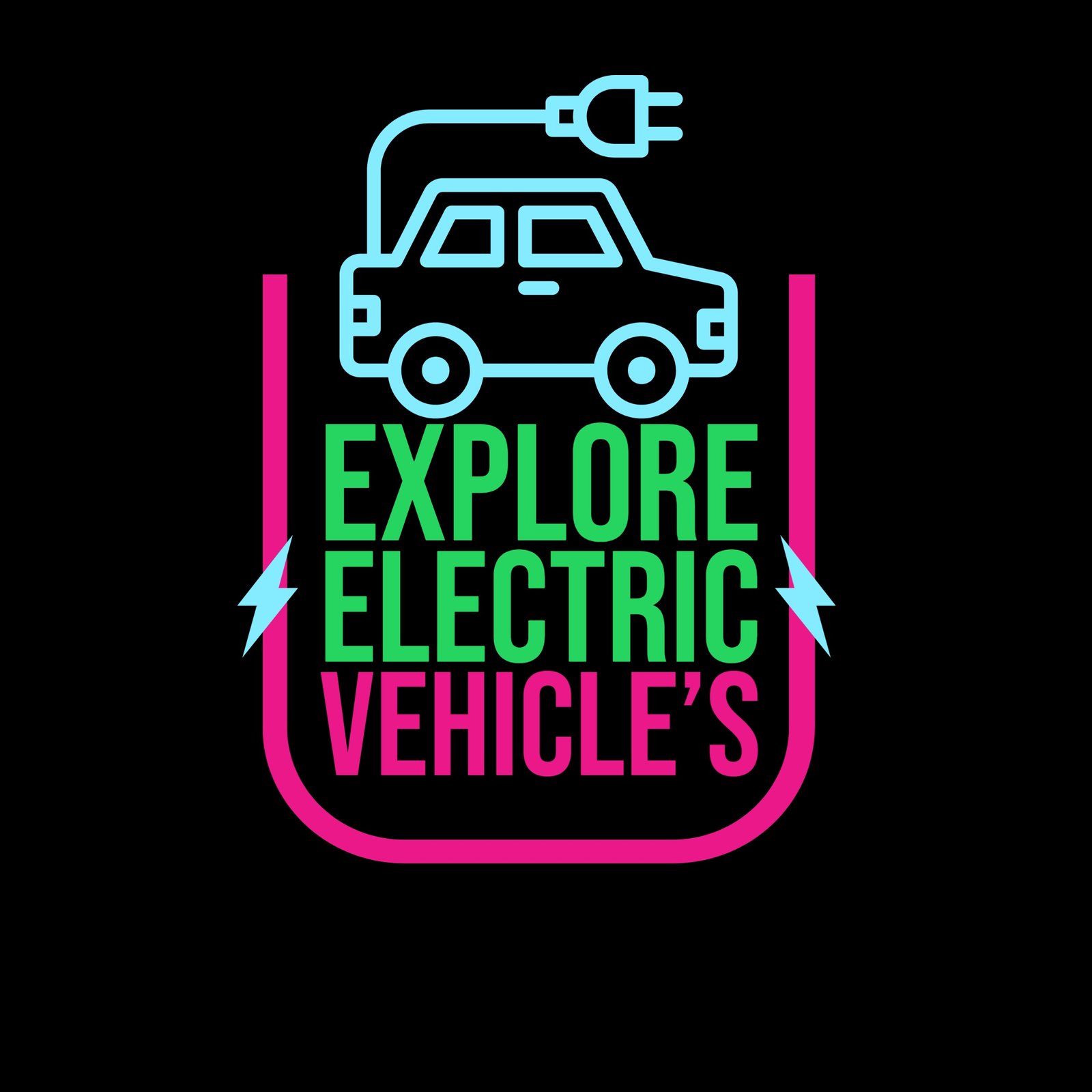



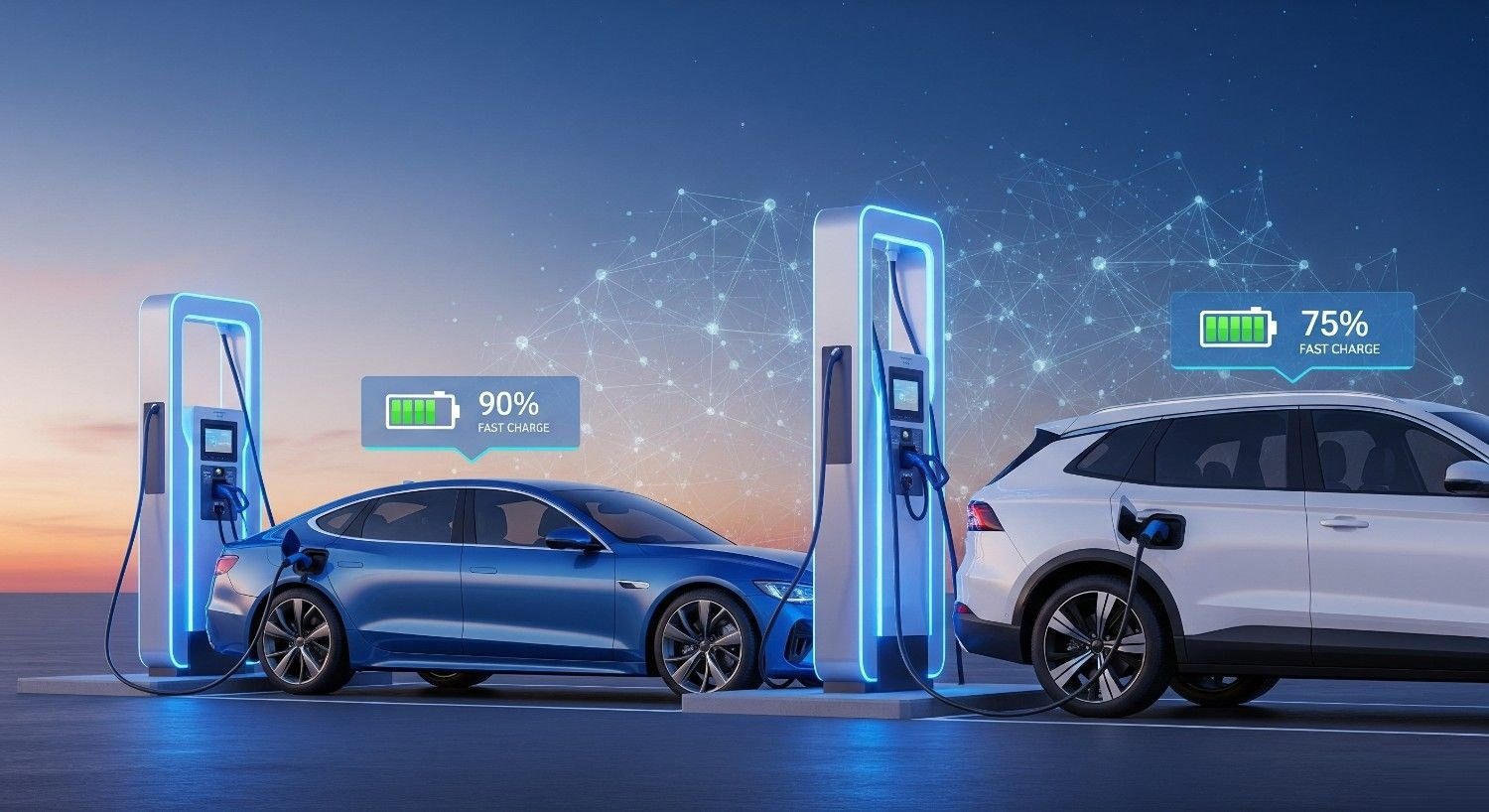

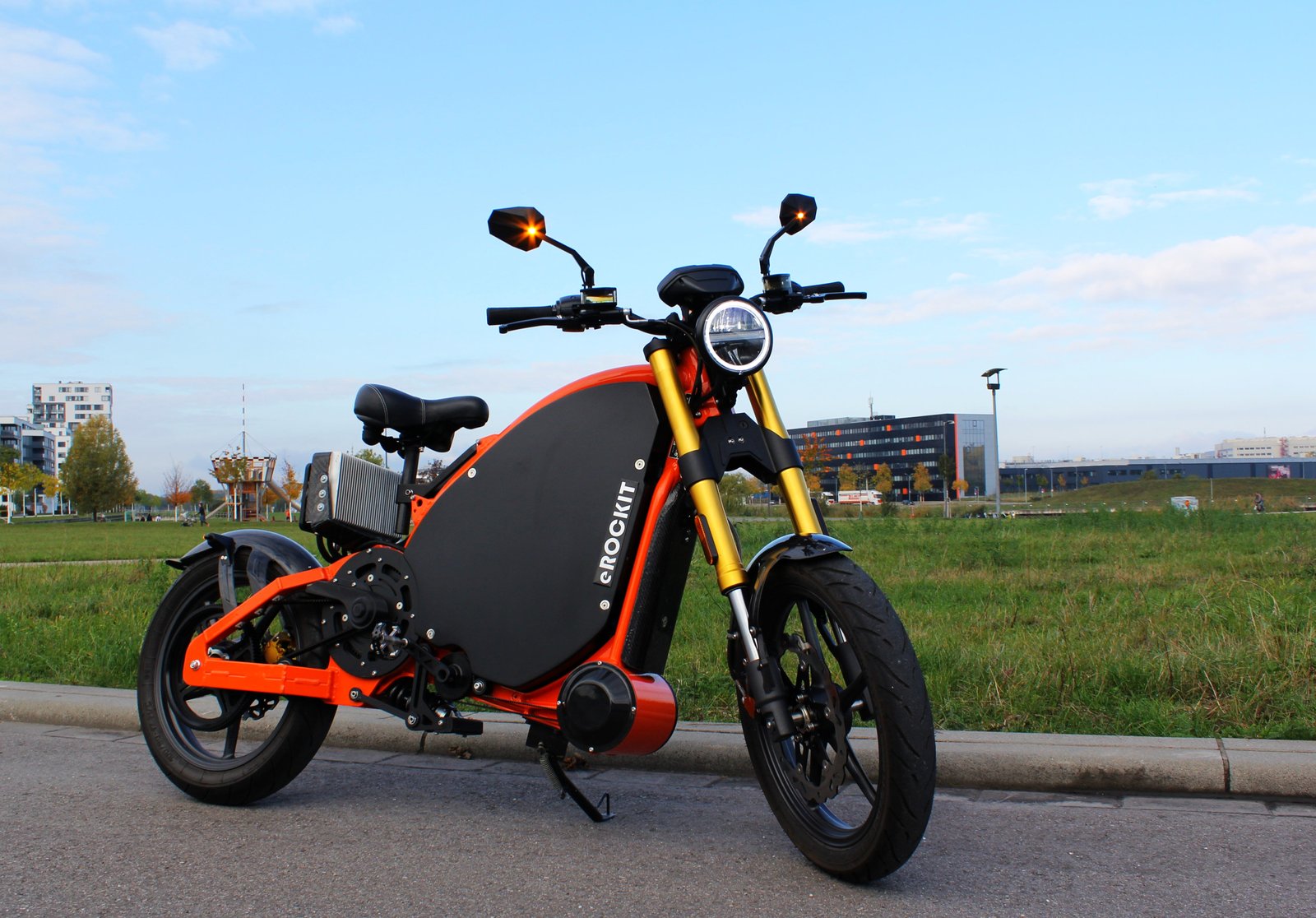

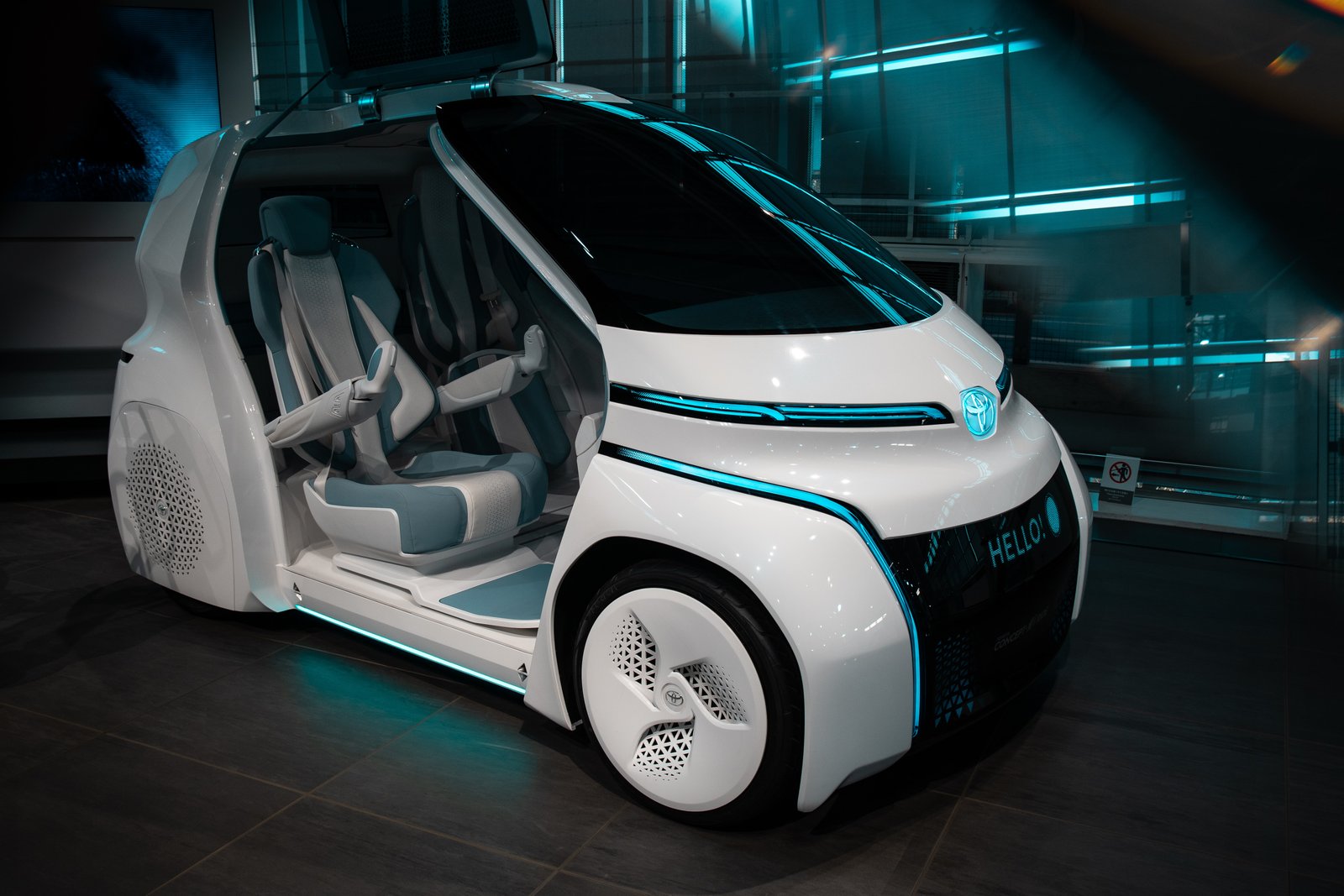

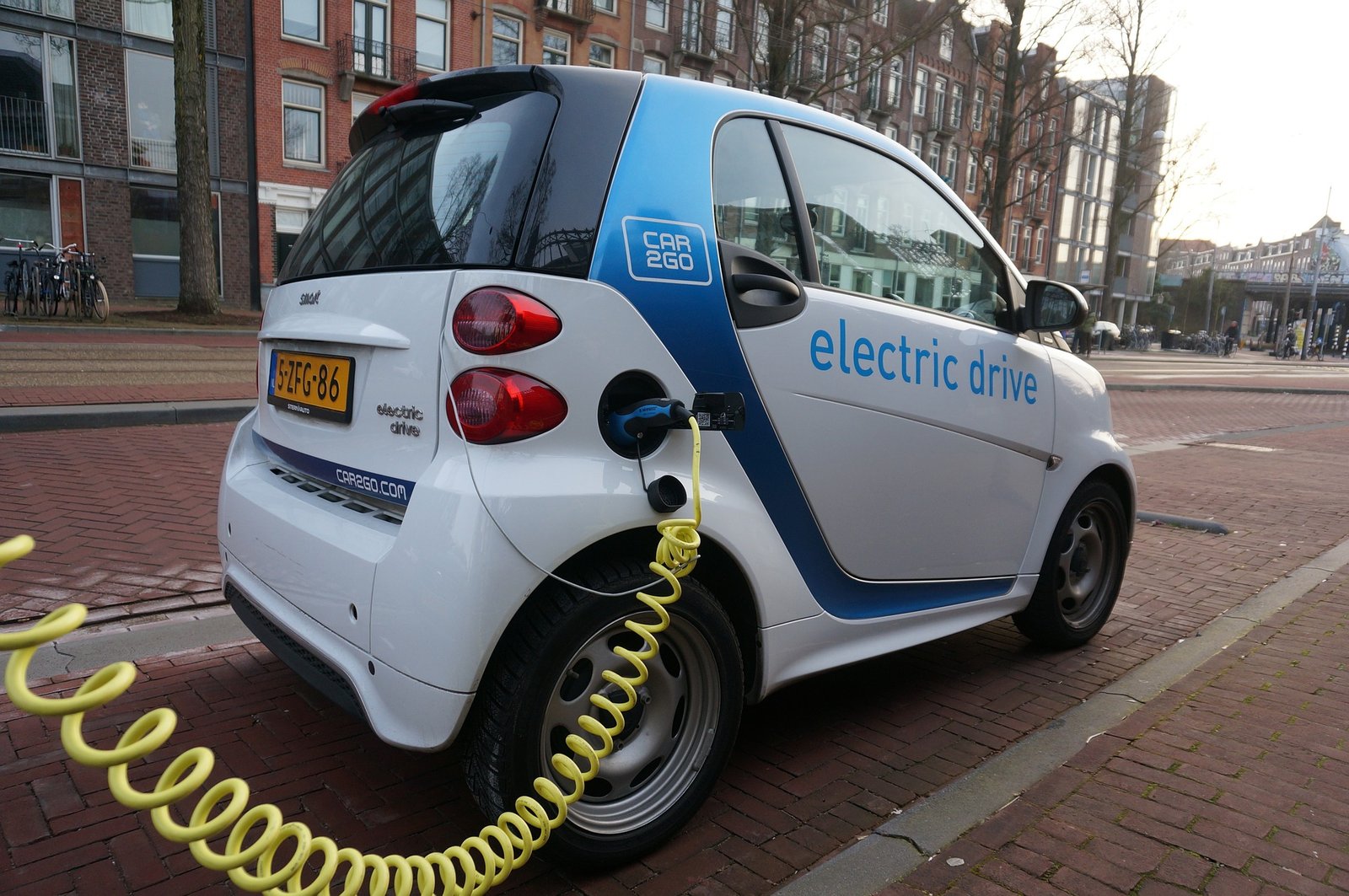

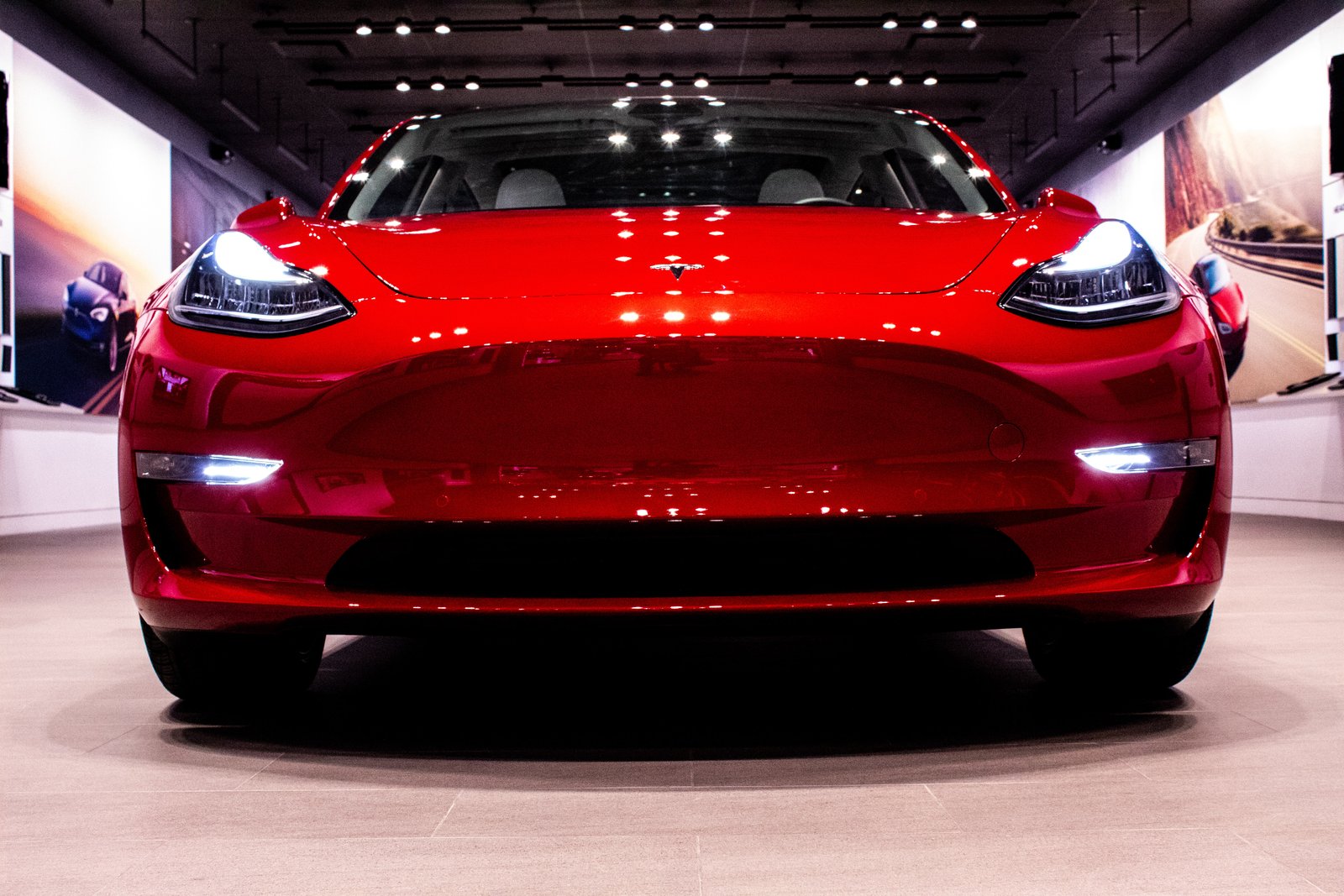
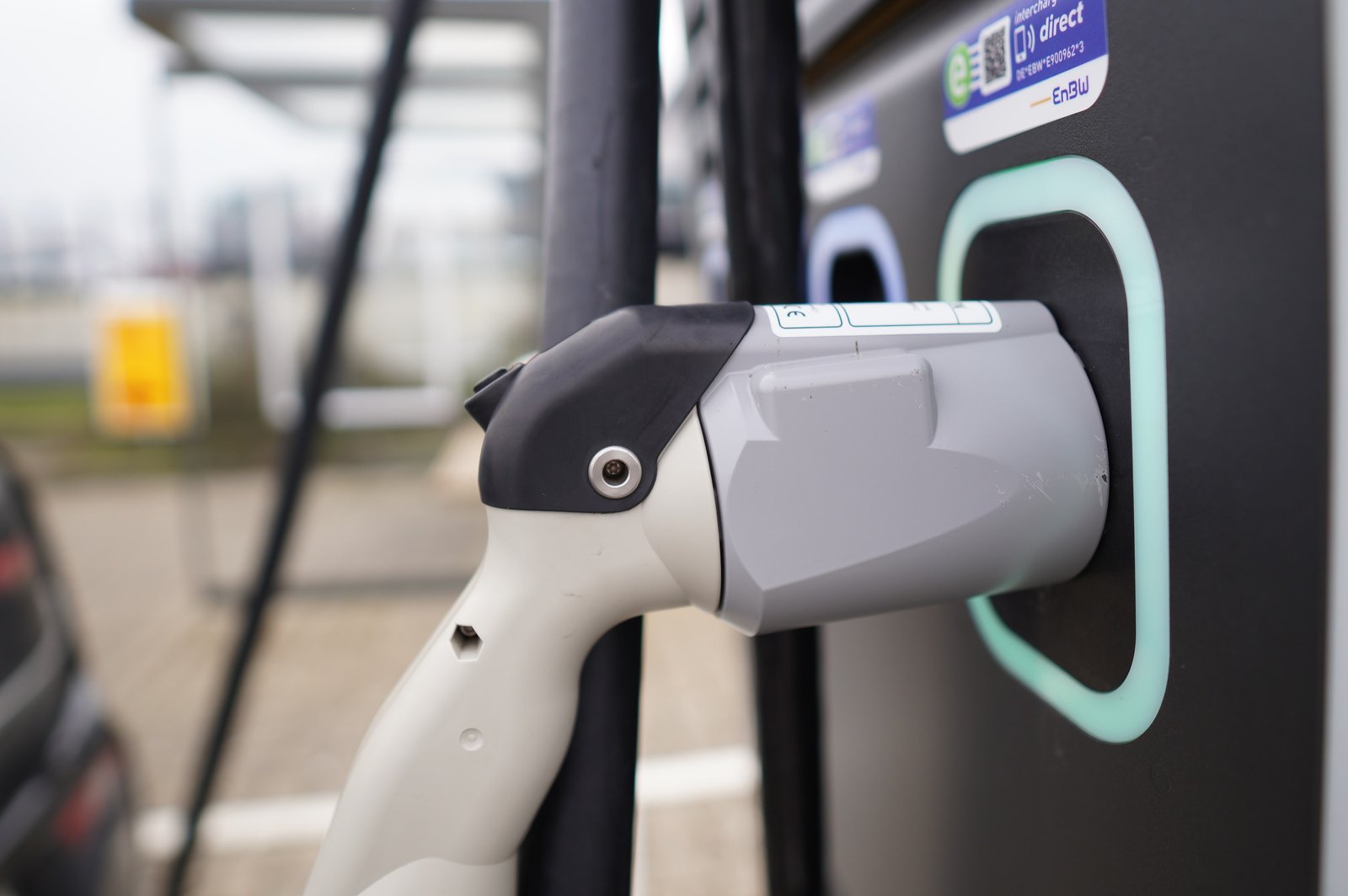

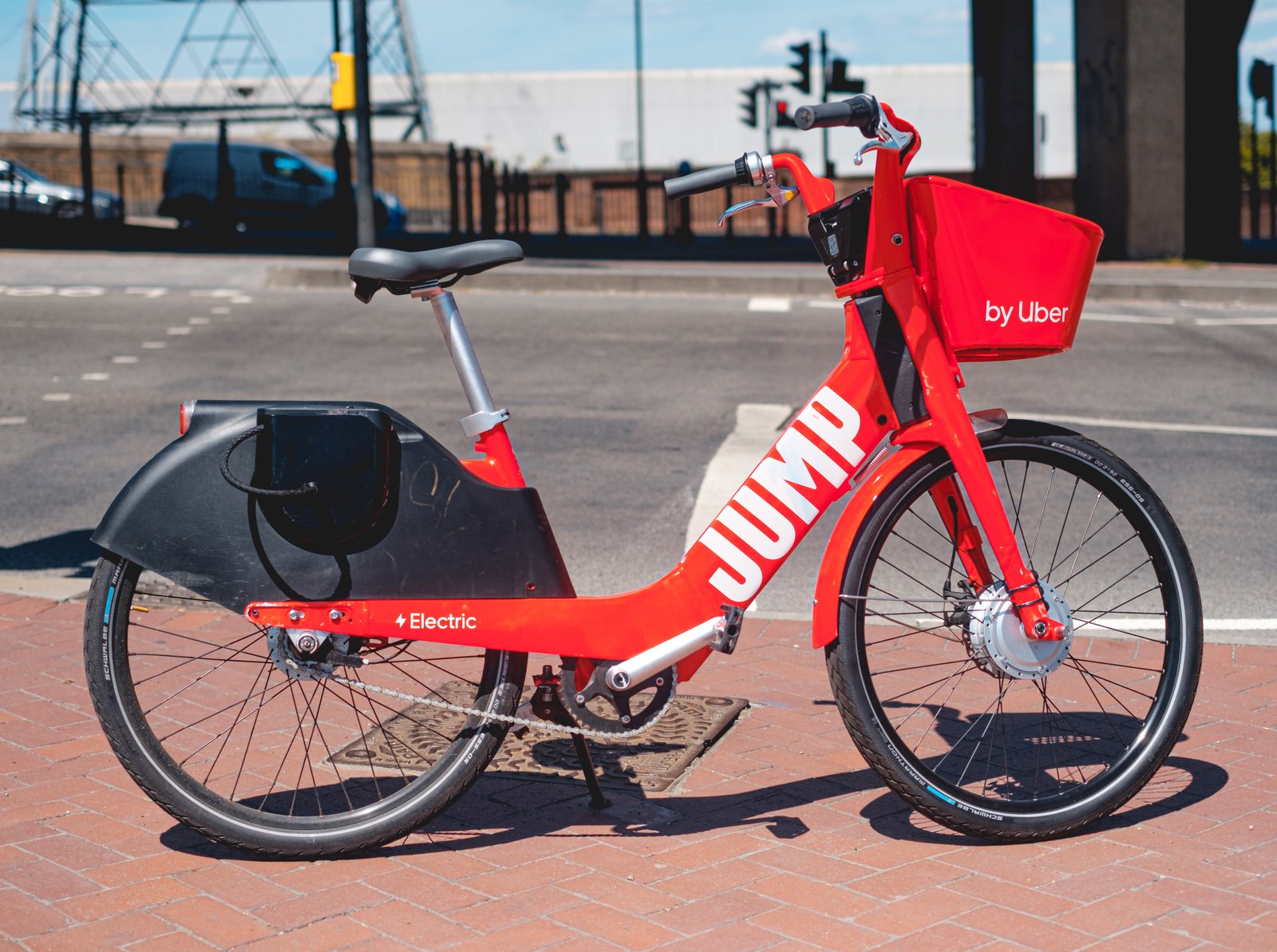
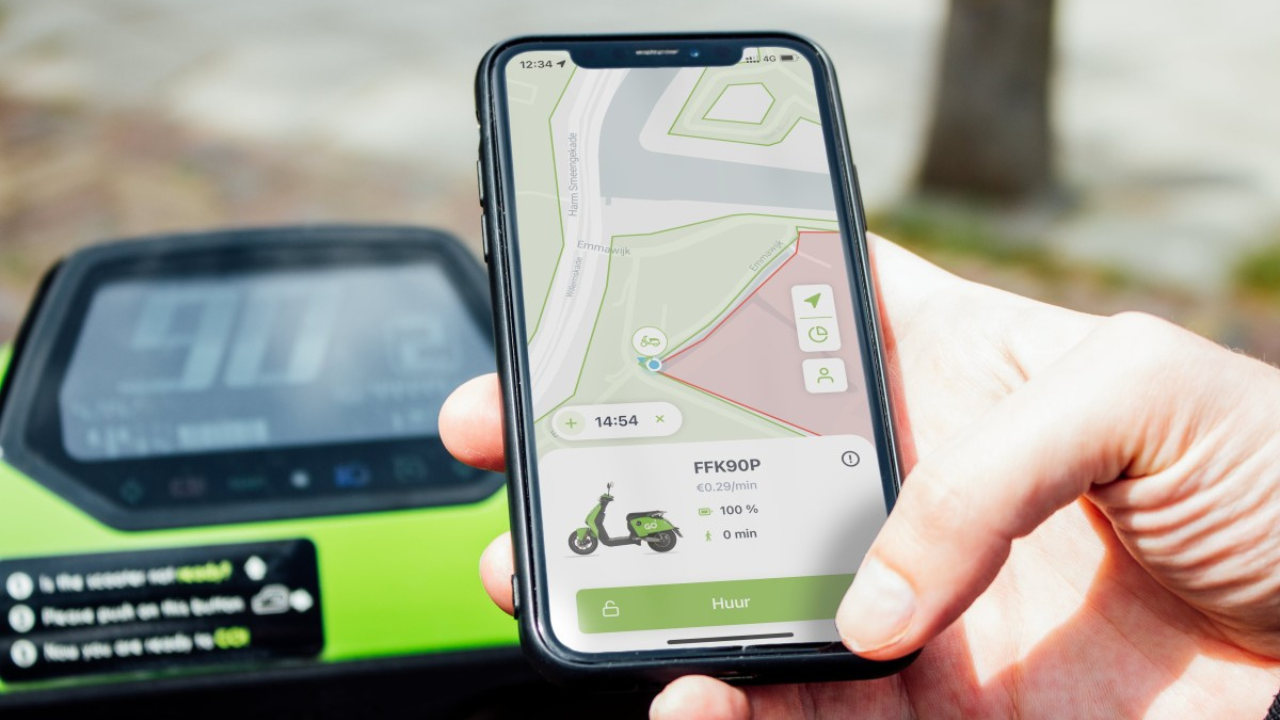
Leave a Comment